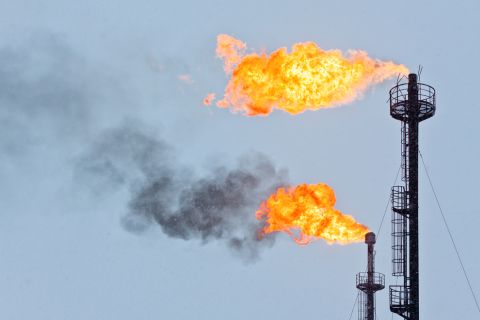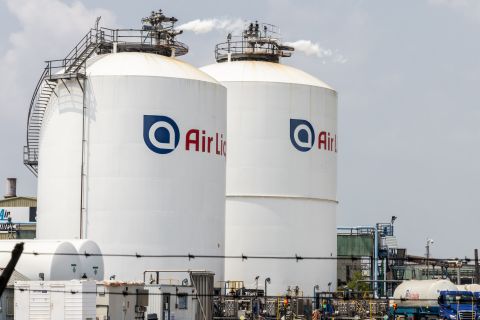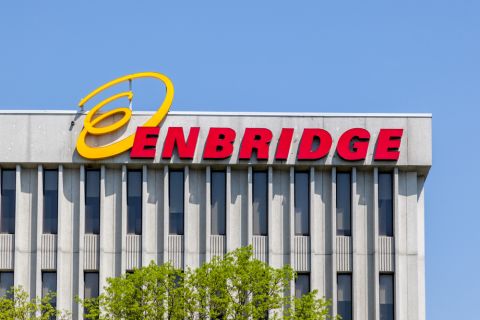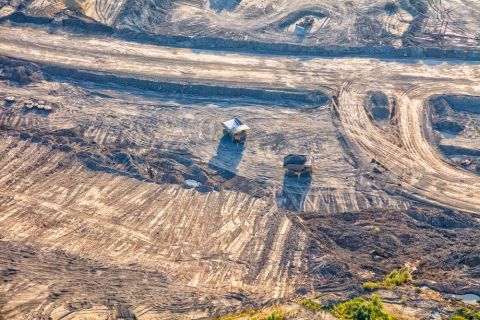While U.S. and other exploration companies have helped Algeria increase its oil production during the past few years, the country's oil-export quota has been mostly unchanged. Its demands that its share of the world oil market be allowed to increase will contribute to the weakening of OPEC strings, according to Amy Myers Jaffe, senior energy advisor and project coordinator for energy research, James A. Baker III Institute for Public Policy, Rice University, Houston. "You're going to see a devolution in OPEC," Jaffe told a Houston energy audience recently. Algerian national oil company Sonatrach and foreign companies have been working on old-field redevelopment and new-field exploration and development since the late 1980s and have begun to see success since the mid-1990s-some of them huge. "Algeria has invested lots of money into new oil fields and Saudi Arabia has spent nothing," Jaffe said, so Algeria wants its quota increased. Algeria produced approximately 827,000 barrels of oil per day in 2001, according to the U.S. Department of Energy, and its OPEC production quota was 693,000 on January 1. Its capacity is 925,000 barrels per day and will grow to 1.5 million barrels per day within two years. Some of the additional Algerian oil production has been the result of work by Houston-based Anadarko Petroleum Corp., U.K.-based Lasmo Plc, which is now owned by Italy's ENI, and Denmark's Maersk Oile. Their Hassi Berkine Field, which began production in 1998, has capacity of 285,000 barrels per day through a central processing facility where a fourth train was recently completed. Sonatrach, Anadarko, Lasmo and Maersk each own 25%. Other companies in Algeria include Amerada Hess, First Calgary Petroleums Ltd., Burlington Resources, Talisman, Spain's CEPSA, BP, TotalFinaElf, Repsol-YPF, BHP Billiton, Ireland's Tullow Oil and Japan's Teikoku Oil.
Recommended Reading
Green Swan Seeks US Financing for Global Decarbonization Projects
2024-02-21 - Green Swan, an investment platform seeking to provide capital to countries signed on to the Paris Agreement, is courting U.S. investors to fund decarbonization projects in countries including Iran and Venezuela, its executives told Hart Energy.
Air Liquide Eyes More Investments as Backlog Grows to $4.8B
2024-02-22 - Air Liquide reported a net profit of €3.08 billion ($US3.33 billion) for 2023, up more than 11% compared to 2022.
CorEnergy Infrastructure to Reorganize in Pre-packaged Bankruptcy
2024-02-26 - CorEnergy, coming off a January sale of its MoGas and Omega pipeline and gathering systems, filed for bankruptcy protect after reaching an agreement with most of its debtors.
Enbridge Advances Expansion of Permian’s Gray Oak Pipeline
2024-02-13 - In its fourth-quarter earnings call, Enbridge also said the Mainline pipeline system tolling agreement is awaiting regulatory approval from a Canadian regulatory agency.
Canadian Natural Resources Boosting Production in Oil Sands
2024-03-04 - Canadian Natural Resources will increase its quarterly dividend following record production volumes in the quarter.





